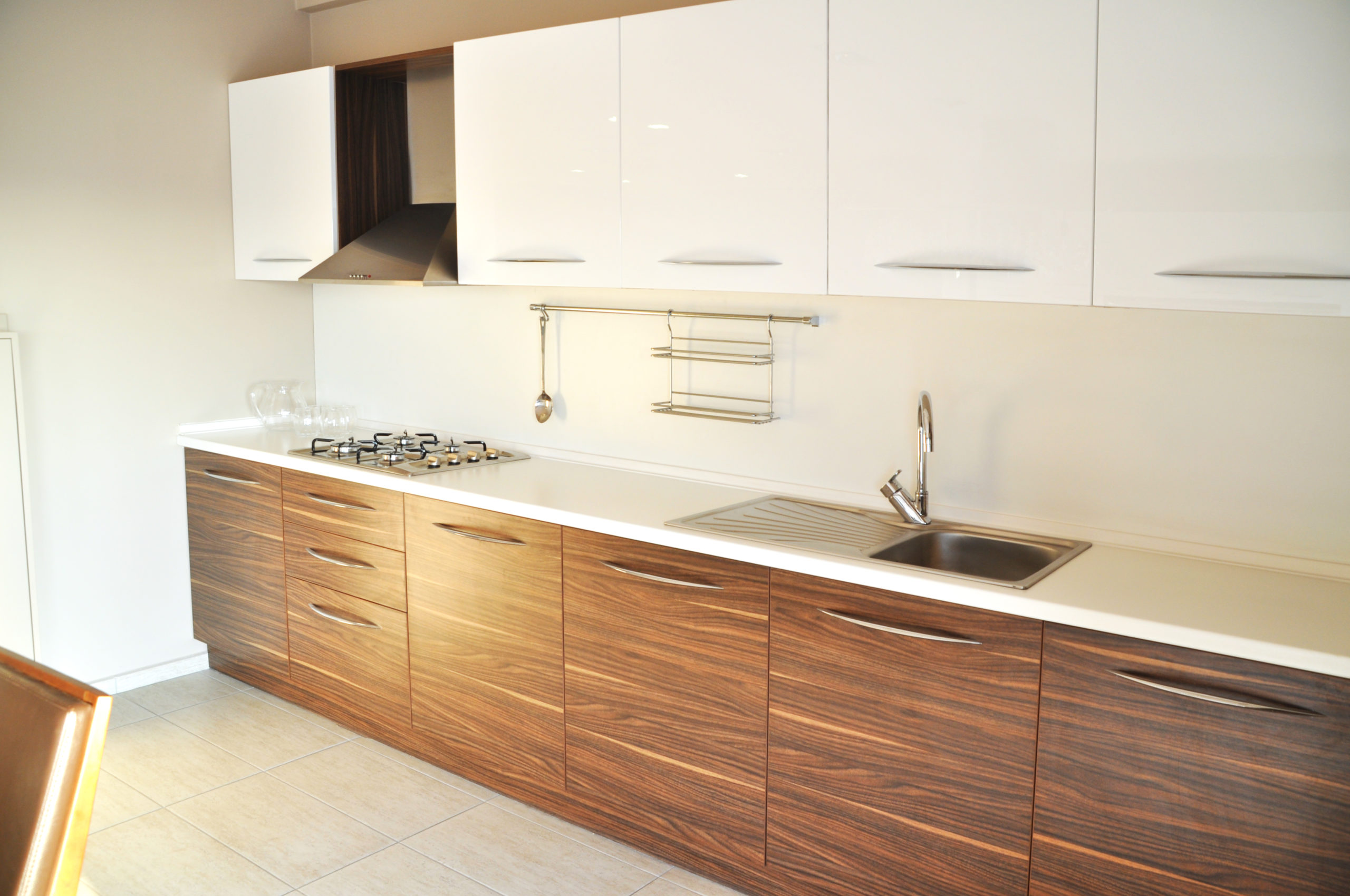Exploring Quartz vs. Granite: Understanding the Differences for Your Countertops
When it comes to kitchen countertops, two popular choices stand out: quartz and granite. Both offer durability, beauty, and a range of options, but understanding their differences is crucial for making the right choice for your home. Let’s explore the distinctive features of quartz and granite countertops to help you make an informed decision.
Composition and Appearance:
- Quartz: Engineered quartz countertops are made from a combination of natural quartz crystals (about 90-95%) and resins, pigments, and other materials. This engineered composition allows for a wide range of colors, patterns, and textures. Quartz countertops often have a consistent appearance, with minimal natural variation.
- Granite: Granite countertops are crafted from natural stone quarried from the earth’s crust. Each slab of granite is unique, featuring its own distinct veining, color variations, and mineral patterns. Granite offers a timeless and elegant aesthetic, with a rich depth of color and texture that cannot be replicated.
Durability and Maintenance:
- Quartz: Engineered quartz is renowned for its exceptional durability and resistance to scratches, stains, and heat. The non-porous surface of quartz countertops makes them highly resistant to bacteria and moisture, making them easy to clean and maintain with simple soap and water.
- Granite: While granite is also durable and heat-resistant, it requires periodic sealing to maintain its integrity and protect against stains. Natural stone countertops may be more prone to chipping or cracking if subjected to heavy impact or excessive weight. However, with proper care and maintenance, granite countertops can retain their beauty and functionality for decades.
Cost and Installation:
- Quartz: The cost of quartz countertops typically includes the price of materials, fabrication, and installation. While quartz countertops may have a higher upfront cost compared to granite, their long-term durability and low maintenance requirements can make them a cost-effective investment over time.
- Granite: The cost of granite countertops varies depending on factors such as slab rarity, thickness, and installation complexity. While granite may be more affordable than quartz in some cases, homeowners should consider the additional expense of periodic sealing and maintenance when budgeting for granite countertops.
Design Flexibility:
- Quartz: Engineered quartz countertops offer unparalleled design flexibility, with virtually limitless options for colors, patterns, and finishes. Whether you prefer a sleek contemporary look or a classic marble-inspired design, quartz can be customized to suit your aesthetic preferences and design vision.
- Granite: While granite countertops offer natural beauty and unique character, design options may be limited to the available slabs and patterns. However, the timeless elegance of granite complements a wide range of interior styles, from traditional to modern, adding sophistication and luxury to any space.
In conclusion, both quartz and granite countertops offer distinct advantages and aesthetic appeal. Whether you prioritize durability, design flexibility, or natural beauty, understanding the differences between quartz and granite can help you choose the perfect countertop material to enhance your kitchen or bathroom space.


